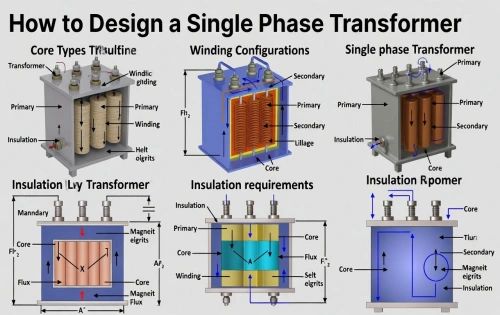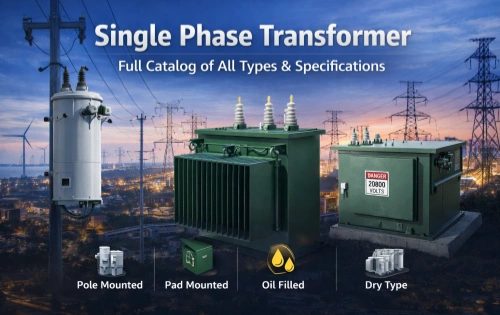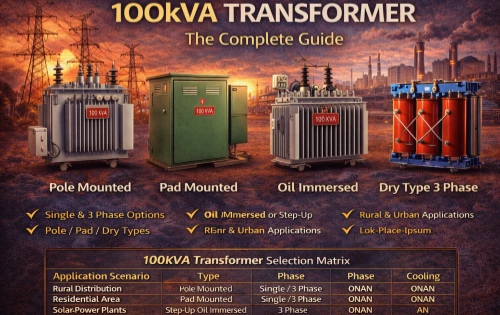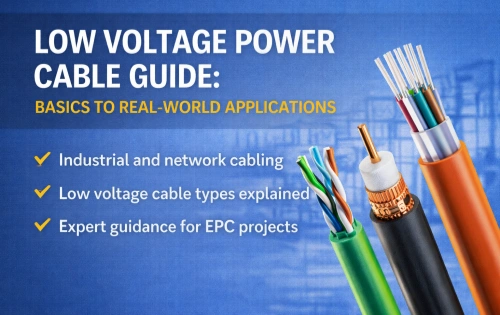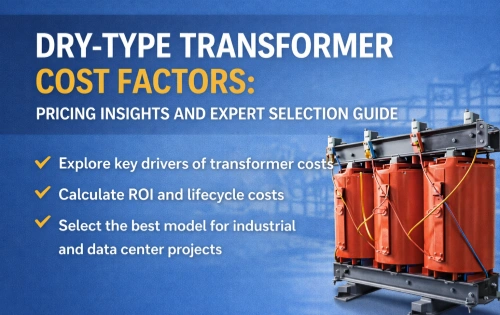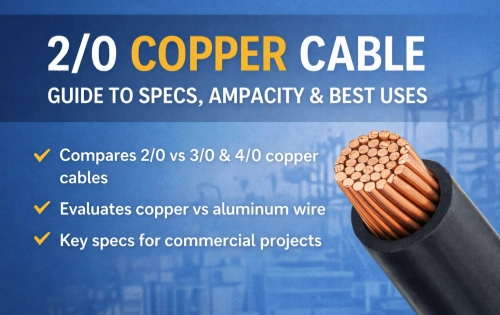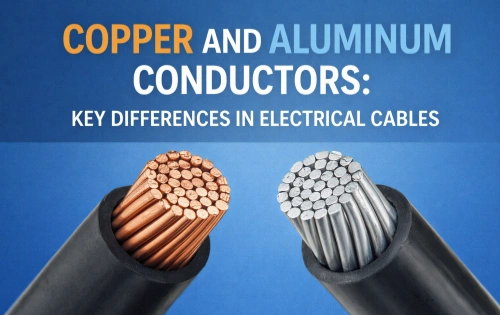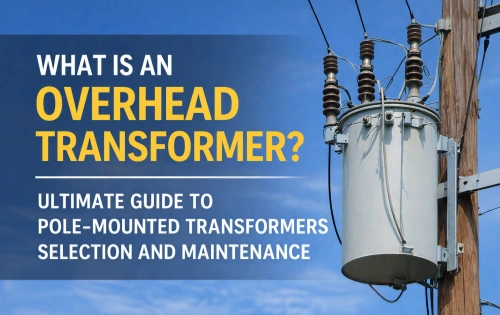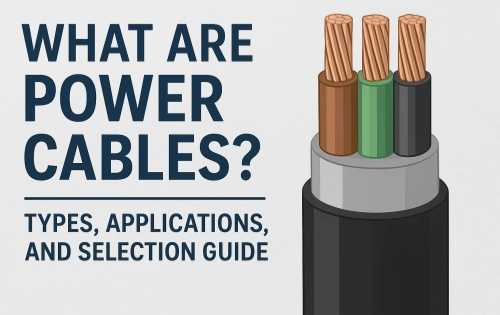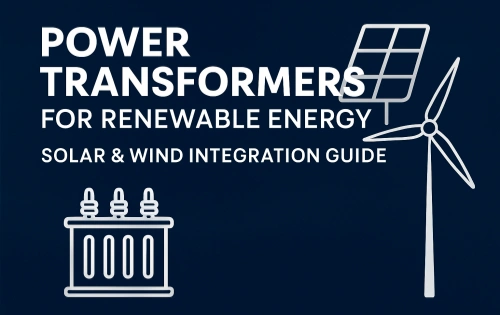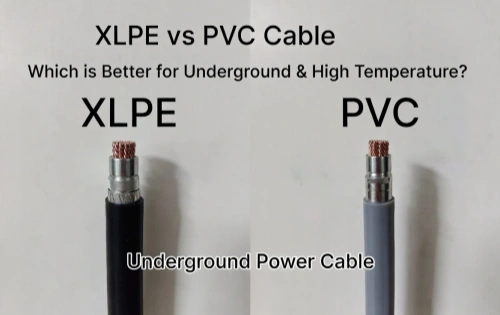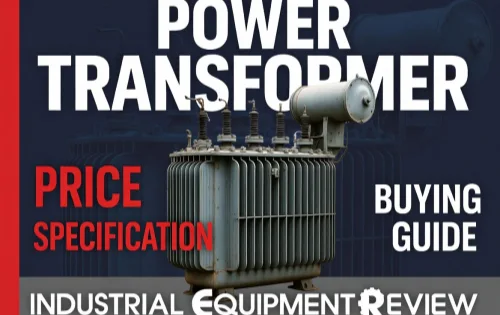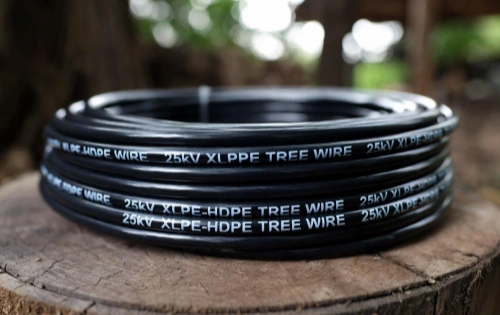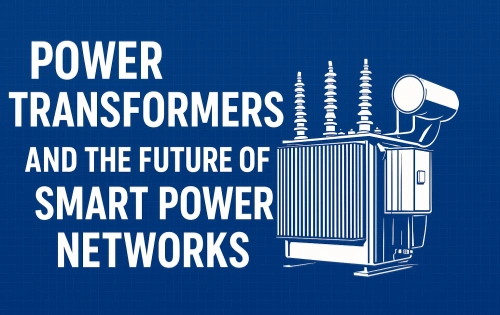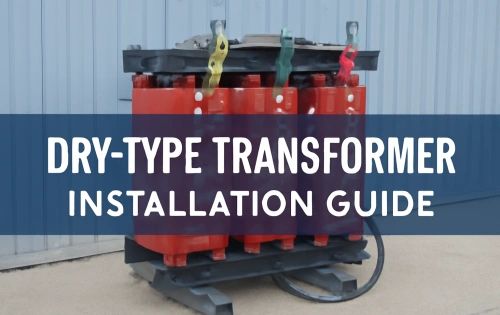Mar 03 2026
How to Design a Single Phase Transformer: Complete Handbook with Formulas, Materials & Efficiency Optimization
A single phase transformer is a static electromagnetic device that transfers electrical energy between primary and secondary circuits through magnetic flux coupling.
view more →
Feb 26 2026
Single Phase Transformer: Full Catalog of All Types & Specifications
This guide provides a technically rigorous, export-oriented overview of all major types, specifications, wiring concepts, and engineering considerations.
view more →
Feb 10 2026
The 100kVA Transformer: A Complete Guide
As electrical loads become more diversified—EV chargers, rooftop solar, heat pumps, and smart appliances—the 100kVA distribution transformer continues to play a critical role in safely stepping voltage up or down while maintaining system reliability.
view more →
Mar 04 2026
Low Voltage Power Cable Guide: Basics to Real-World Applications
For EPC contractors and industrial buyers, low-voltage power cables are not commodity items. They directly affect system reliability, data integrity, safety compliance, and long-term operating performance. Professional manufacturers such as NPC Electric provide standardized and project-specific wires and cables for demanding industrial environments.
view more →
Mar 02 2026
Dry-Type Transformer Cost Factors: Pricing Insights and Expert Selection Guide
This guide provides a practical, engineering-focused breakdown of dry type transformer cost drivers, helping decision-makers balance initial investment, long-term operating costs, and system performance.
view more →
Feb 27 2026
2/0 Copper Cable: Ultimate Guide to Specs, Ampacity, and Best Uses
In commercial and industrial electrical projects, conductor selection is not only a technical decision—it is a risk, cost, and lifecycle management decision. Among commonly specified conductors, 2/0 copper cable is widely adopted in power distribution, industrial electrical systems, and infrastructure projects where reliability, compliance, and long-term performance are non-negotiable.
view more →
Feb 25 2026
Copper and Aluminum Conductors: Key Differences in Electrical Cables
Among all available electrical conductors, copper and aluminum dominate the global market for wires and cables, particularly in power distribution, commercial buildings, and industrial infrastructure.
view more →
Feb 23 2026
What Is an Overhead Transformer? Ultimate Guide to Pole-Mounted Transformers Selection and Maintenance
An overhead transformer, commonly referred to as a pole mounted transformer, is a critical component of the electrical distribution system. Its primary function is to step down high voltage electricity from transmission or primary distribution lines to a usable secondary voltage for end users.
view more →
Feb 18 2026
What Are Power Cables? Types, Applications, and Selection Guide
This guide explains power cables from a practical, real-world working perspective, focusing on structure, materials, applications, and selection criteria.
view more →
Feb 13 2026
Power Transformers for Renewable Energy: Solar & Wind Integration Guide 2026
Modern renewable energy projects operate under unique conditions: fluctuating output, rapid voltage changes, decentralized generation points, and increased power electronic interfaces. These conditions place higher demands on transformer insulation, cooling, fault tolerance, and monitoring capabilities. This article provides a technical deep dive into the design, selection, and application of power transformers for solar and wind power systems.
view more →
Feb 11 2026
XLPE vs PVC Power Cable: Which is Better for Underground & High Temperature Use?
In this comprehensive comparison, we'll dive into the key differences, backed by data from standards like IEC 60332 and ASTM, real-world case studies, and practical insights from on-site experiences. Whether you're a cable manufacturer, procurement specialist, or installer, understanding these wires and cables will help you select the best for power transmission and distribution.
view more →
Feb 09 2026
Oil Immersed Power Transformer: Price, Specification & Buying Guide
This guide, updated for 2025, draws from real-world applications, industry standards like IEEE and IEC, and current market data to offer a factual, no-nonsense overview. We'll cover specifications, pricing trends, and a step-by-step buying process to help engineers, procurement specialists, and facility managers make data-driven choices.
view more →
Feb 06 2026
25kV XLPE-HDPE Tree Wire: High-Durability Solution for Modern Power Networks
Tree wire—sometimes referred to as tree cable—is a covered conductor engineered for overhead applications where vegetation contact is unavoidable.
view more →
Feb 04 2026
Power Transformers and the Future of Smart Power Networks
The future of smart power networks depends on transformers that are not only reliable and durable but also digitally integrated, capable of real-time monitoring, and optimized for sustainable electricity generation and consumption. This article explores how power transformers are transforming the future of smart grids and modern power systems.
view more →
Jan 26 2026
Dry-Type Transformer Installation Guide: Step-by-Step Instructions for Safe and Efficient Setup
This article will provide a detailed installation guide for dry-type transformers, explaining the critical steps in the setup process and highlighting best practices to ensure safe and long-lasting performance.
view more →
Welcome your inquiry
Honesty, Integrity, Frugality, Activeness and Passion


